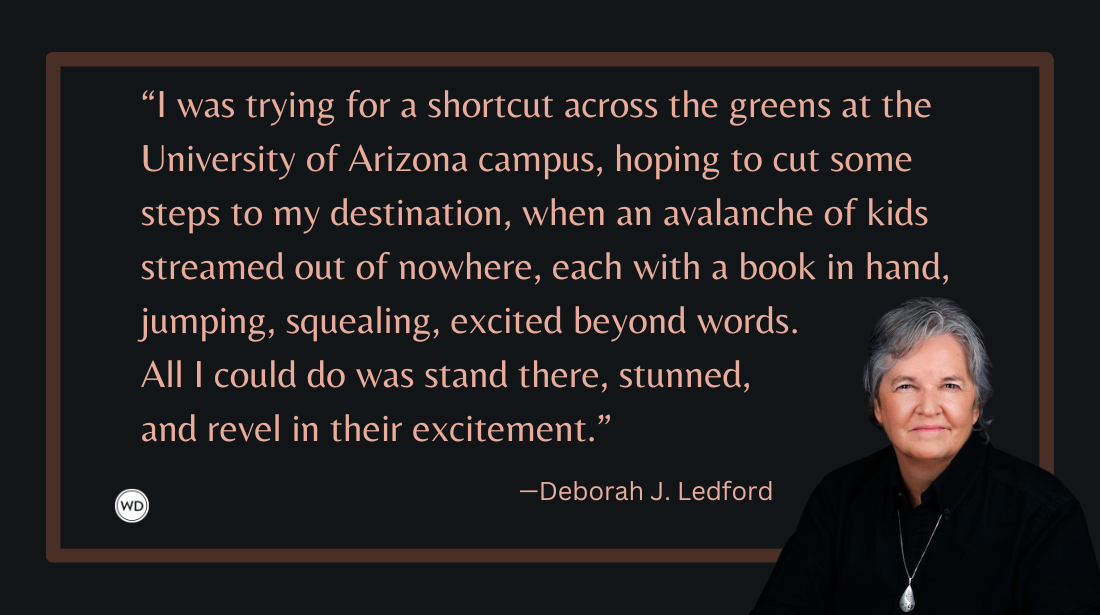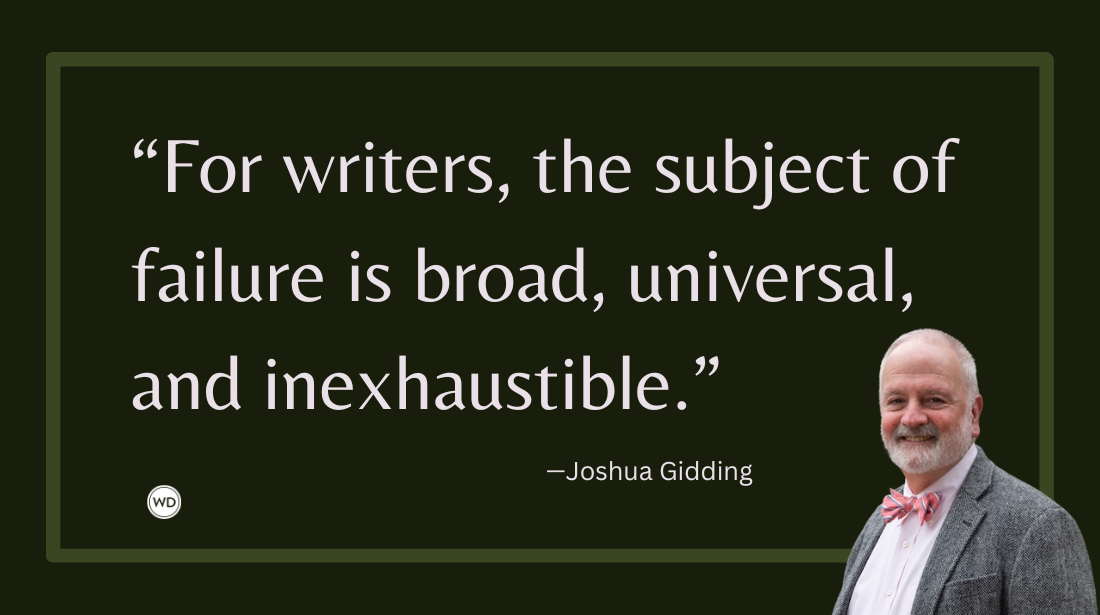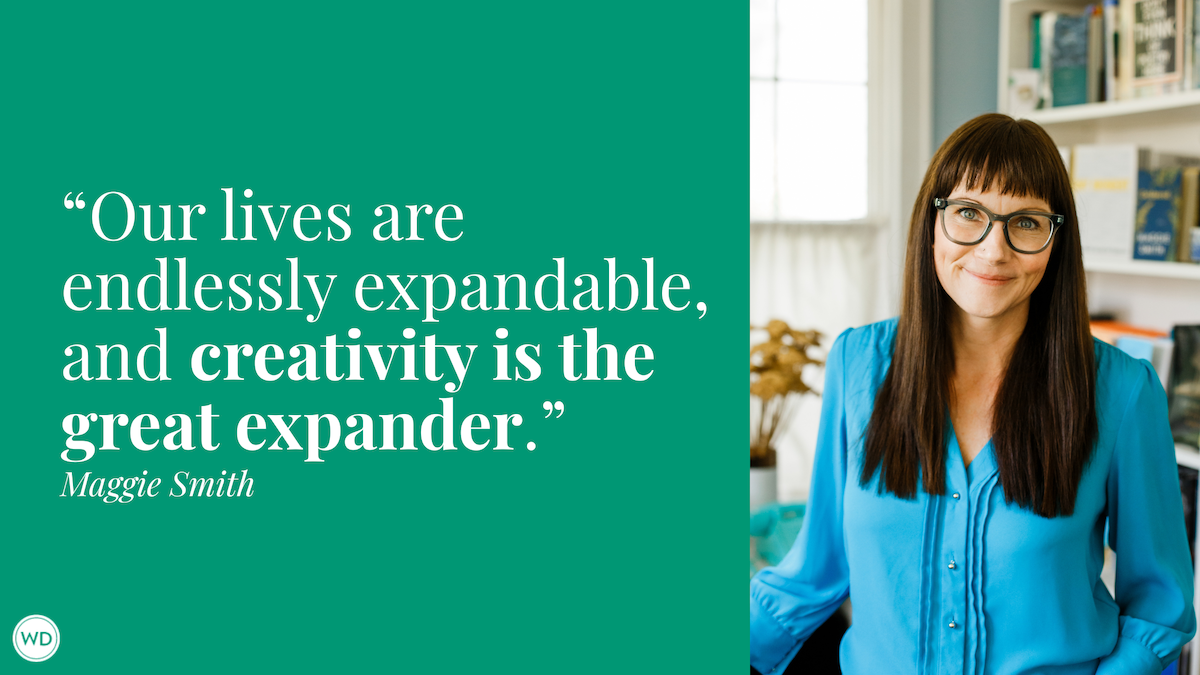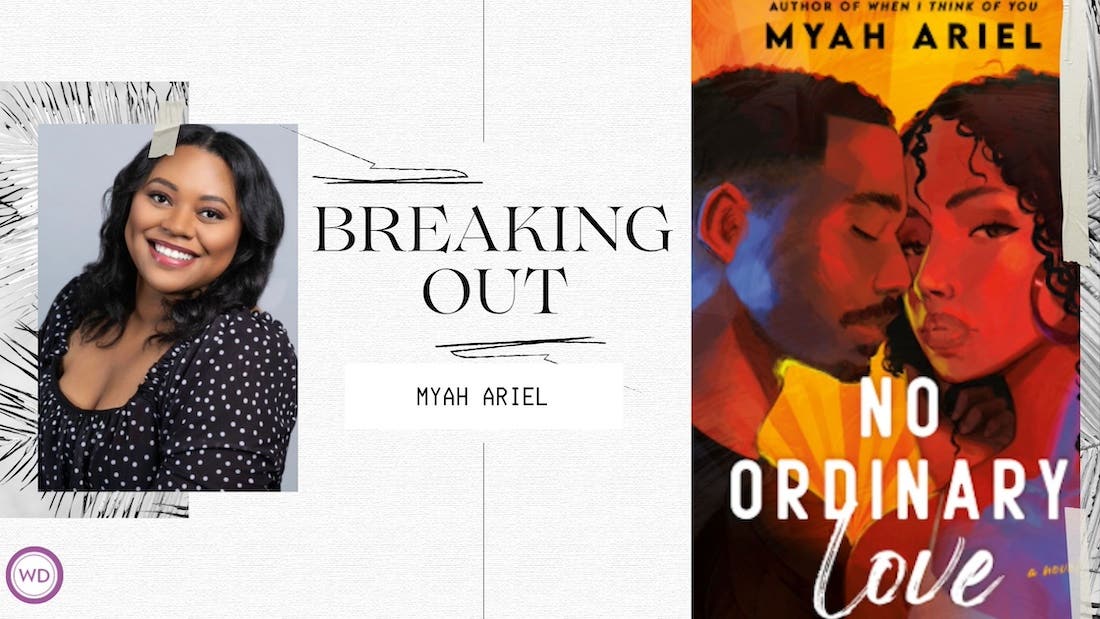My Writer Success Story Began With Getting Over Myself
Debut author Christina Wyman discusses how getting out of her own way led to her authorial success.
At 40 years old, I’d been writing essays for ten years when I nearly gave up on trying to meet my writing and publishing goals. I’m an academic and researcher and while I’d achieved modest success landing unpaid bylines in obscure niche, regional and trade outlets, most of my submissions went ignored after I shot them off into the black hole of the Internet (otherwise known as editors’ inboxes).
But writing is in my bones, and despite my frustrations, giving up didn’t seem like an option. I had, however, grown weary of donating my labor to outlets that were more than happy to interpret payment in terms of exposure, shares, and likes on their social media channels. Exposure, shares, and likes are a nice ego boost, but they don’t pay the rent.
Still, to say that I felt defeated is an understatement. While writing essays, I’d also been working on a children’s book. On social media, I'd watch other authors announce their successes and feel sick with envy: The Young Adult writer 10 years my junior who scored a two-book deal, or the freelance essayist promoting her third piece with the New York Times.
I’d always prided myself on being a supportive colleague—others’ successes, I knew, were hard-fought and hard-earned and deserved only positive acknowledgement and praise. So I’d honor their good news with a pit of envy occupying my innards like a jagged pebble. I wondered what these authors knew that I didn’t.
In darker moments, I assumed that there was a simple explanation: Perhaps I was a talent-less hack and not cutout for the sort of publishing goals I was pursuing. Most of all, I wondered whether I’d ever have my own good news to share.
Upping the Ante
As the pandemic closed in, I became tired of my pity parties and decided to up the ante. I knew that if I wanted to sell an essay to an outlet that more than a handful of people actually read, I needed to learn to crack the code. It was time to go back to school. Last summer, I decided to take an essay- and pitch-writing class with New York Times bestselling author Susan Shapiro.
At that point, I’d been a teacher for 14 years at both the middle school and college levels. I’d graded scores of essays and even got my students published in some of the same outlets my own writing had appeared in. And yet, nothing could have prepared me for the difficulties I faced when taking a class with a pro.
I saw with fresh eyes how my essays were trite and lacked perspective and how my pitches lacked clarity and appeal. I was equal parts humbled and irritated by the experience. I considered dropping the class midway through.
Getting Over Myself
Shapiro’s course, however, was not just an education in how to get your writing published. It was an eight-week lesson in how to get over yourself. I’ll never forget when, early on, she told stories about how hard she’d worked to get her essays out into the world. She was always forthcoming about how much writing, rewriting, submitting, and resubmitting she’d had to do.
“You can be right or you can be published,” Shapiro had said. Her highly regarded book Byline Bible also speaks to the level of dedication required to make it to the big leagues. “The harder I work, the luckier I get,” she writes.
And still, after weeks of writing essays and pitches that didn’t quite make the mark, I once again became sorely discouraged. On a whim, I began writing about how I was born with a severe overbite and deformed jaw—an orthodontic condition known as a Class II Malocclusion and skeletal imbalance.
For our last class together, I submitted an essay about how the requirement to wear a mask had given me a break from the body dysmorphia that plagued me for thirty years. This piece became my “humiliation” essay, Shapiro’s hallmark assignment with which she encourages her students to reveal their most embarrassing secret.
I read my essay to the class and admitted how, thanks to my skeletal condition, masks allowed me to thoroughly enjoy the freedom from wondering what other people were thinking about the lower half of my face. Five weeks later, my essay, I am insecure about my face. For me, masks are liberating, was published in the Washington Post. It was my first piece published in a major outlet and the first time I’d been paid for my writing.
Success Operates on Its Own Timeline
Within days, an editor with Farrar, Straus and Giroux (a division of Macmillan) saw my essay and contacted me to discuss my writerly aspirations. Exactly five months after my piece was published, I landed an agent and a book deal. I am now officially a writer for children. My debut novel, Jawbreaker, follows a seventh grader with a craniofacial anomaly that’s caught the attention of her school bullies—including her own sister. Publication is set for the spring of 2023.
After considerable rejection, landing an agent and a book deal was something that I never thought would happen for me. Taking Shapiro’s class, learning to get over myself, and revealing my most humiliating secret in essay form had changed my life. Since then, my essays have appeared in The Guardian, Marie Claire, ELLE, and other high profile publications.
I continue to set lofty publishing goals, and am no longer discouraged by rejection, hard feedback and silence. It took me ten years to learn that success operates on its own timeline; getting out of my own way and becoming a student again was the first step.
Christina Wyman is a USA Today bestselling author and teacher living in Michigan. Her highly anticipated middle-grade novel, “Slouch,” is about a tall girl navigating friends, family, self-esteem, and boundaries, is available wherever books are sold, including through local independent bookstores. Her debut novel, “Jawbreaker,” a middle-grade book that follows a seventh-grader with a craniofacial anomaly, is a Publishers Weekly Best Books of 2023.






